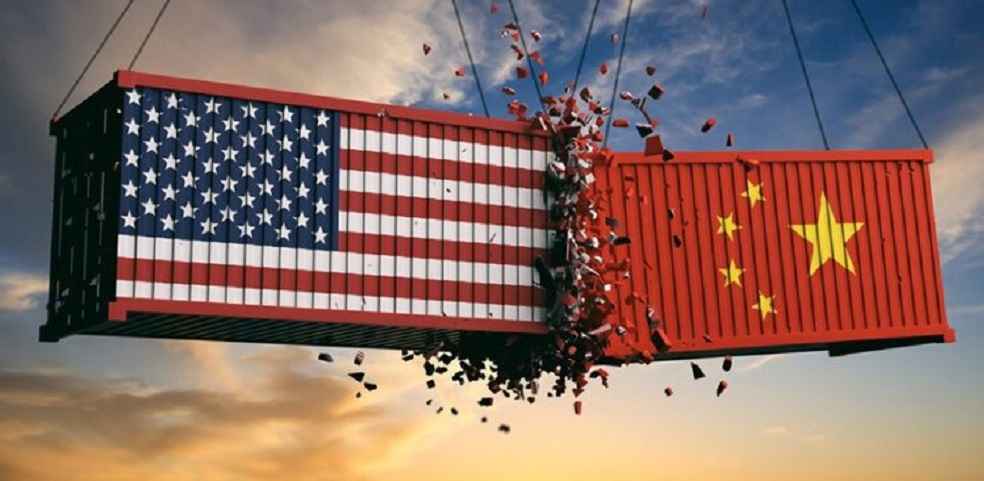The U.S. government’s decision to impose steep tariff hikes on specific Chinese imports, including a 100 percent duty on electric vehicles (EVs), has sparked global outrage from industry experts and businesses.
Set to take effect on September 27, the tariffs also include a 50 percent increase on solar cells and 25 percent on EV batteries, critical minerals, steel, aluminum, and ship-to-shore cranes, as announced by the U.S. Trade Representative’s Office.
Kuang Xianming, deputy head of the China Institute for Reform and Development, cautioned that this decision could have unintended consequences. He warned that the tariffs might not only damage U.S. trading partners but also disrupt global economic systems, potentially hurting American industries in the process.

Kuang highlighted that China’s competitive edge stems from product quality and cost performance, which may still allow Chinese manufacturers to thrive despite the new tariffs.
Sven O. Otten, general manager of Tünkers (Jiangsu) Automation Technology, echoed concerns about the wider impact on the global economy, which he described as deeply interconnected.
He pointed out that many American and European manufacturers rely on China for global production, particularly in the automotive sector, and will face significant challenges under the new trade conditions.
A Guangdong-based tech firm specializing in camera exports criticized the tariffs as a strategic move by U.S. politicians to stifle China’s emerging industries. Despite this, the company remains focused on technological innovation to strengthen its product offerings and continue attracting global buyers.

Wang Xing, a partner expert at global consultancy Roland Berger, highlighted that the 25 percent tariff on Chinese ship-to-shore cranes is driven by broader geopolitical factors rather than protecting U.S. domestic industries.
While the industry may experience short-term challenges, Wang believes China’s strong technological and cost advantages will ensure its continued global competitiveness.
METAL WORLD | Russia Eyes Export Limits on Uranium, Nickel, and Titanium Amid Sanctions



